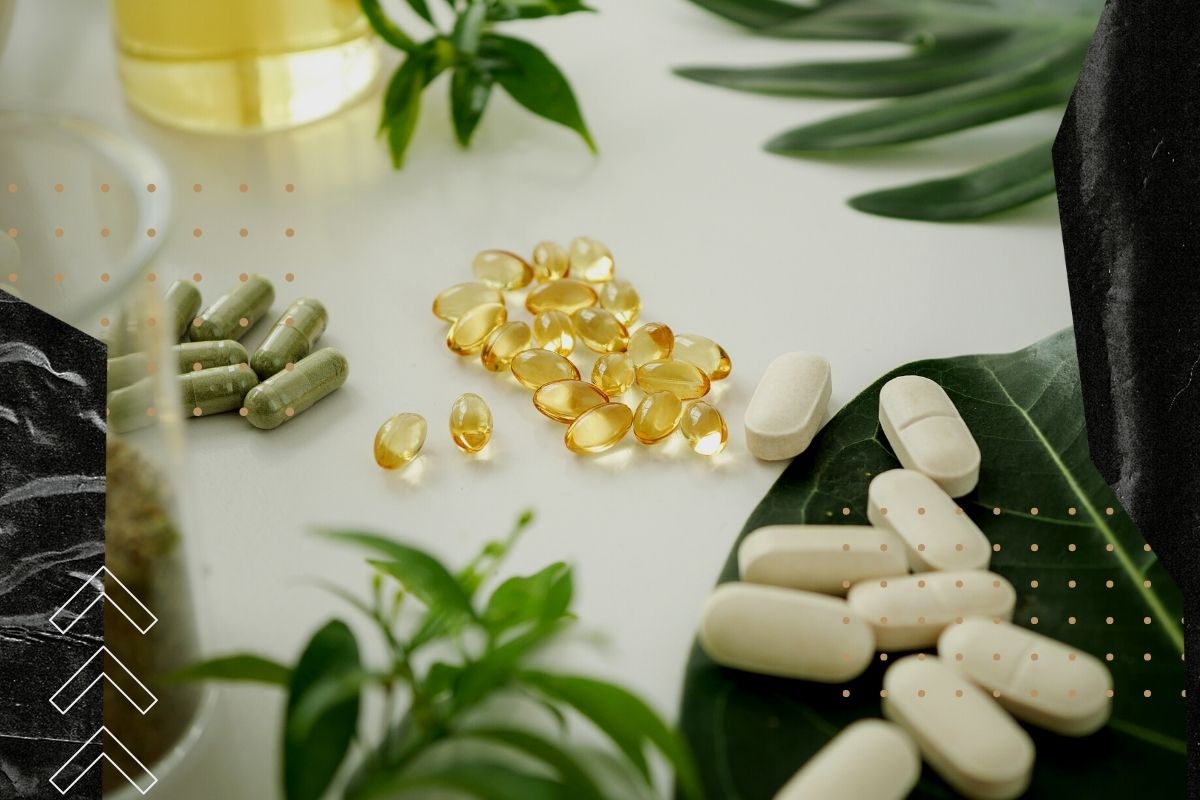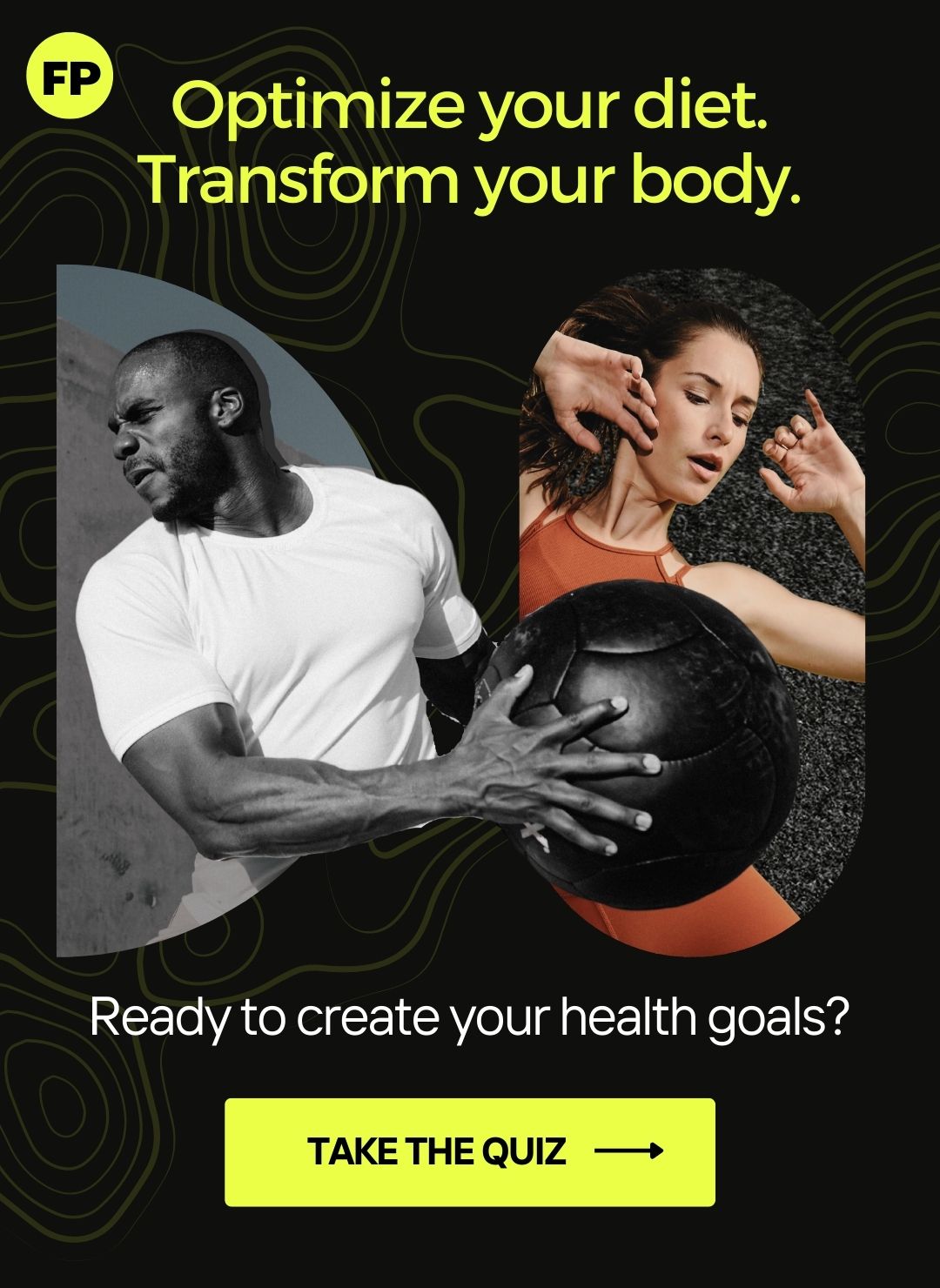Intermittent fasting (IF) is a widely popular diet with numerous variations. It’s based on the idea that losing weight and being healthy can be as simple as not eating for a certain period of time every day.
If you’re thinking about implementing IF into your diet, it might seem like it will make it more difficult to get enough nutrients. After all, vitamins are essential for good health and help to keep our body working optimally. Many people worry that taking vitamins while fasting will break their fast or negate the benefits of IF.
While there are some important things to remember when combining IF with vitamin intake, you don’t need to avoid them in order to fast. In fact, there are plenty of benefits associated with taking them during an IF routine and vice versa!
When Can You Take Vitamins During a Fast?
Intermittent fasting is not a diet, but rather a routine that you follow at specific times in order to reap the most benefits. This means that it doesn’t matter what you eat or drink at any other point in the day. You can take your vitamins at any time of the day, whether you’re eating or not.
However, you should avoid taking them hours before you plan to break your fast. Because vitamins are essential for good health, it’s a good idea to take them consistently.
For example, if you plan to fast for 16 hours, you can take your vitamins during the remaining eight hours. If you plan to fast for 20 hours, you can take them during the remaining five hours.
What Are the Benefits of Vitamins and Fasting?
One of the primary benefits of intermittent fasting is that you can expect to see a reduction in your blood sugar and insulin levels.
You’ll also see an increase in growth hormone production. Because you’re not eating in the majority of your fasting hours, you won’t have enough energy to burn the vitamins in the foods that you eat.
As a result, you’ll need to rely on your stored vitamins.
Which Vitamins Help During Intermittent Fasting?
Most vitamins will help you during fasting. This includes vitamins A, C, D, E, K, and B-12. In addition to helping you regain any vitamin deficiencies that may be present, vitamins can also help you stay healthy and energetic.
Vitamin A:
Vitamin A is a powerful antioxidant that can help reduce oxidative stress and prevent damage to your DNA. It can also help you maintain your immune system in times of stress and is essential for eye health and preventing blindness.
Vitamin B:
This vitamin is responsible for a wide range of things in your body, including boosting your metabolism and aiding in the release of energy from your food. B vitamins are water-soluble vitamins, which means your body will flush them out if you don’t consume enough of them.
Consuming vitamins B1, B2, B3, B5, B6, B9, and B12 while fasting will help you get rid of any deficiencies and prevent them from building up in your system.
Vitamin C:
Vitamin C is an antioxidant that can help prevent cell damage and reduce your risk of developing certain diseases. It can also help you fight infections and improve your immune system.
Vitamin D:
Vitamin D is a hormone that is produced when your skin is exposed to ultraviolet light. This means that you need to spend time in the sun to produce enough of it. It’s essential for strong bones and teeth, as well as for muscle and nerve function.
Vitamin E:
Vitamin E is an antioxidant that can help prevent damage to your cells and DNA. It can also help improve your immune system.
Importance of Vitamin D While Fasting
Vitamin D is an essential vitamin that most people don’t get enough of. It is used to maintain healthy bones and muscles, and it can also help boost your immune system.
Fasting for long periods of time can reduce your levels of vitamin D, which puts you at risk for bone issues and other complications. Fortunately, vitamin D is easy to remedy. You can take supplements, spend time in the sun, or even eat more foods that contain vitamin D.
You can also take vitamin D while fasting, but it’s best to do so at the end of your fasting period. The best time to take vitamin D while fasting is at the end of your fasting period. This will allow you to reap the full benefits of vitamin D while still maintaining sufficient levels of it throughout your routine.
Conclusion
Intermittent fasting has been shown to improve health and aid in weight loss. To make sure you’re getting enough vitamins and nutrients, you can take them at any point in the day. While it is possible to take vitamins while fasting, it may be best to wait until the end of your fasting period.
This will help you prevent any adverse effects, such as excess protein breakdown, while still getting the most out of your vitamins. Keep in mind that vitamins are crucial for good health, and they can be especially helpful while fasting.
By taking vitamins while fasting, you can ensure that you’re getting the right amount of nutrients that your body needs to stay healthy.





